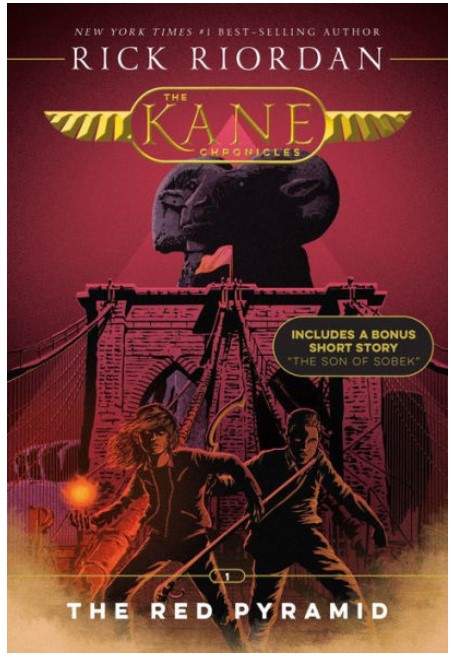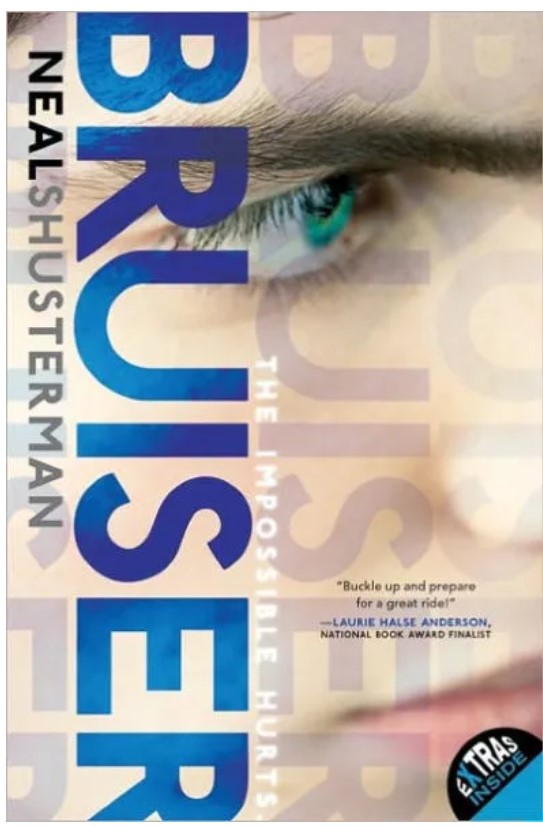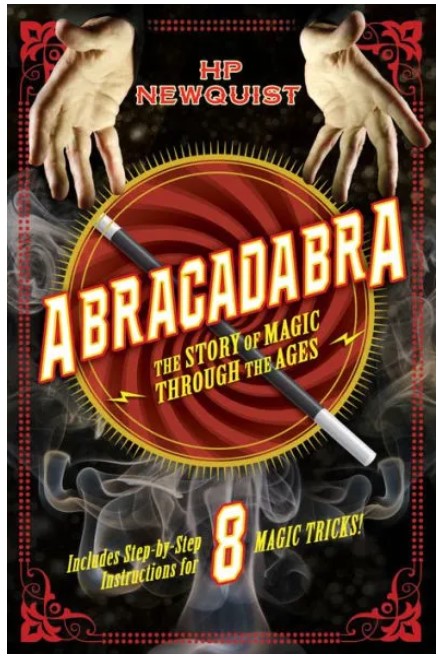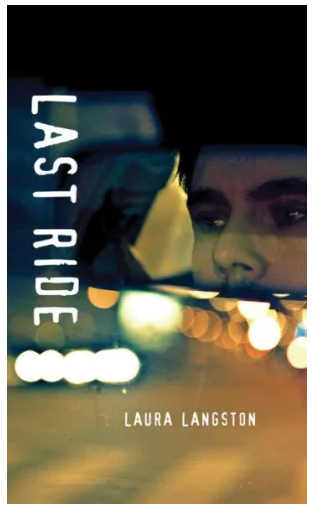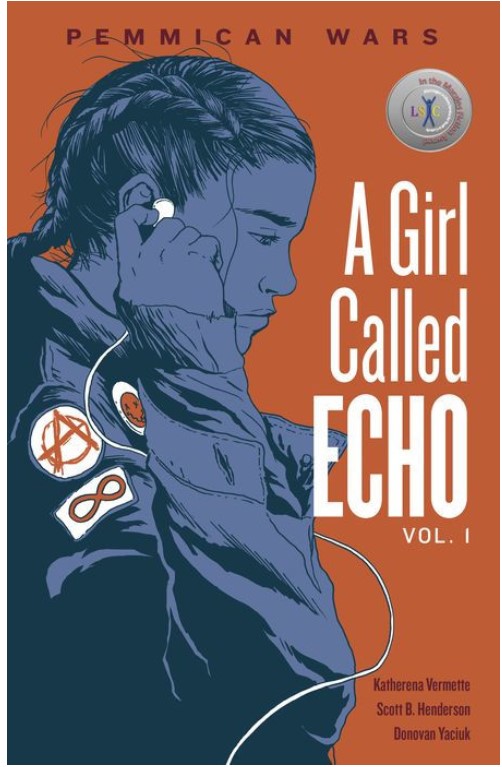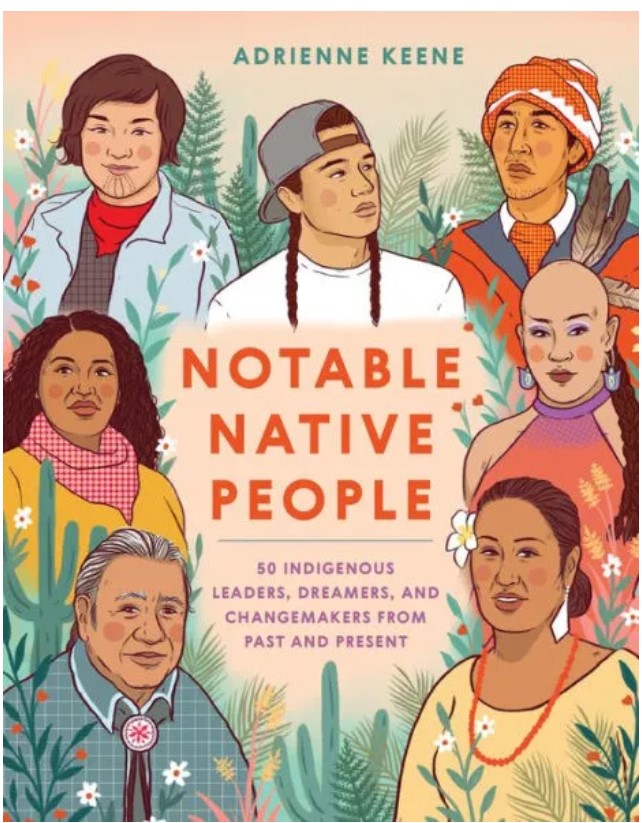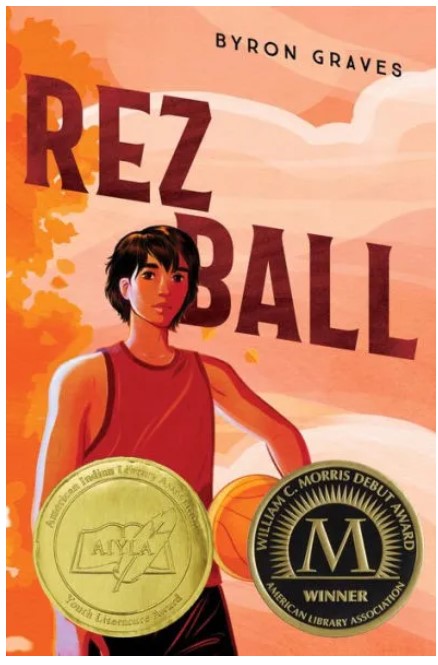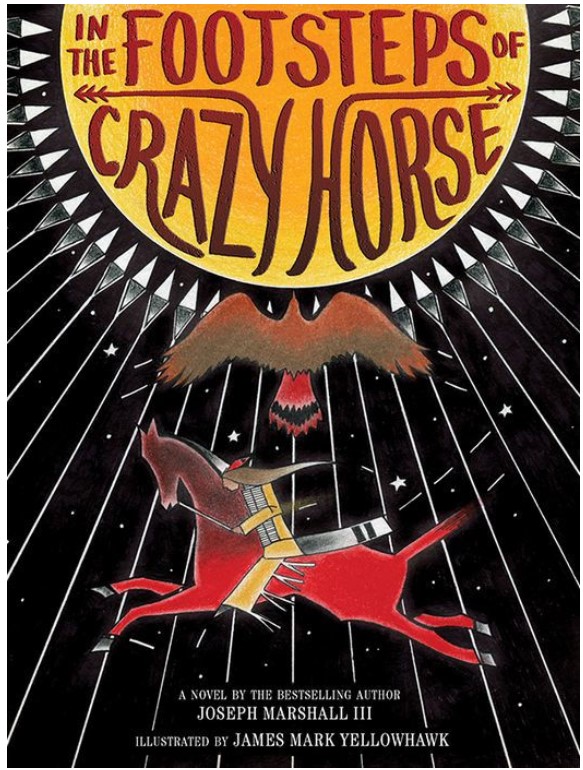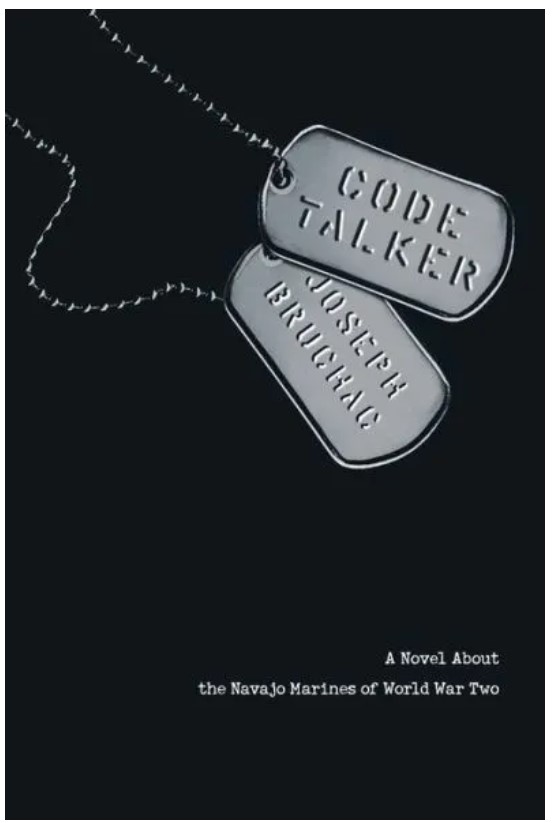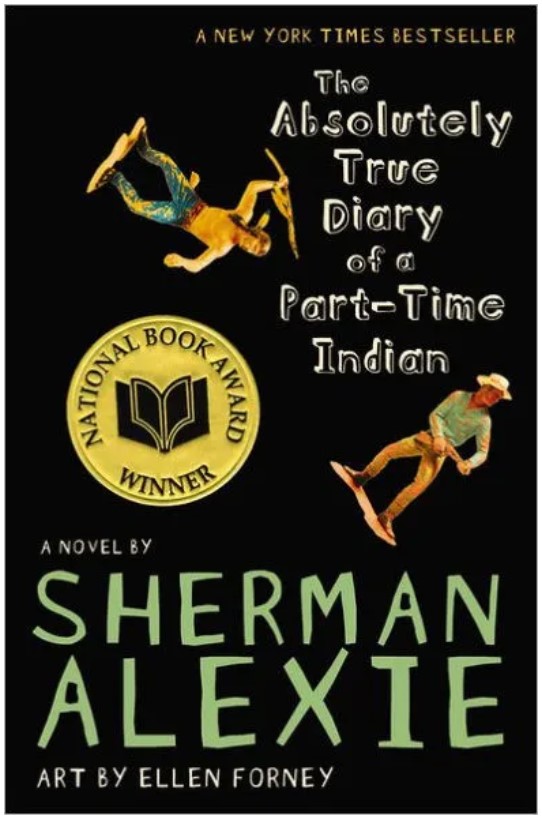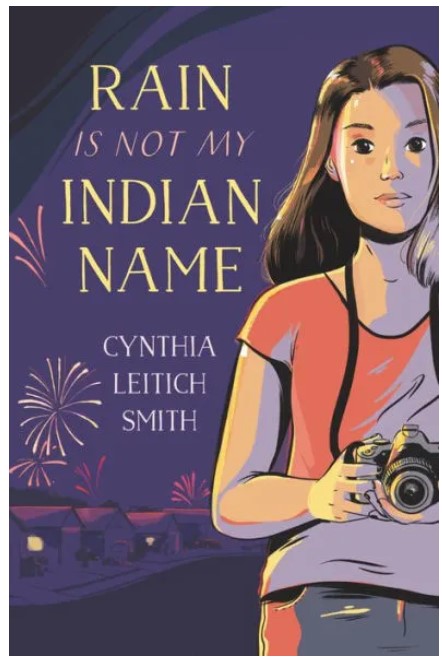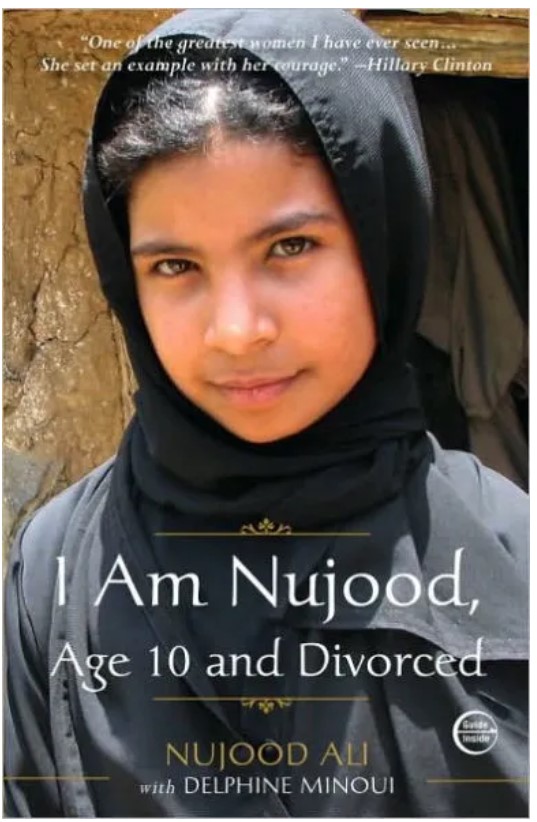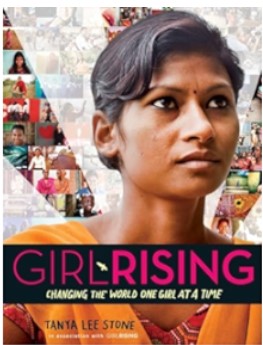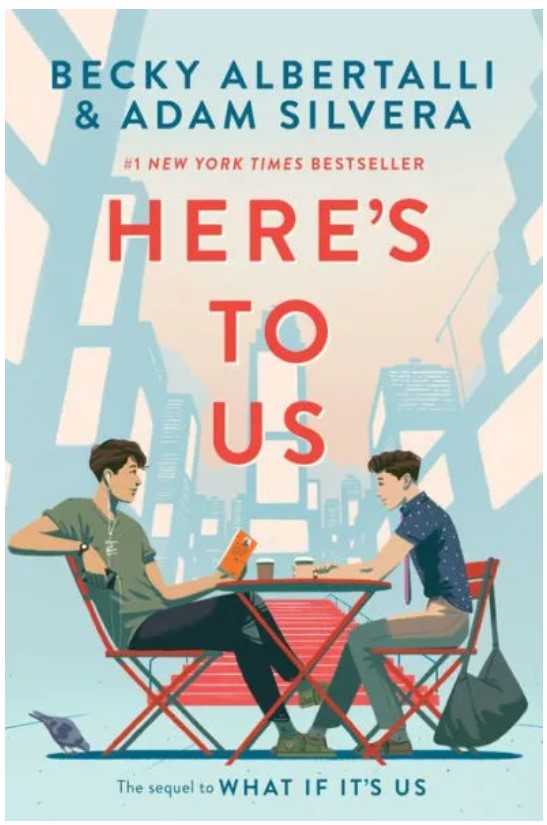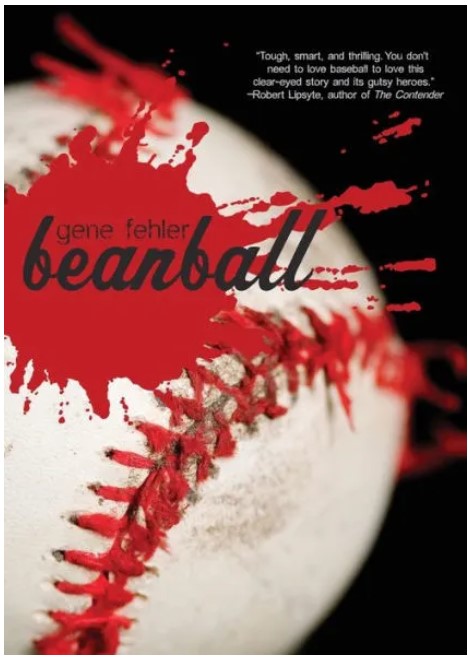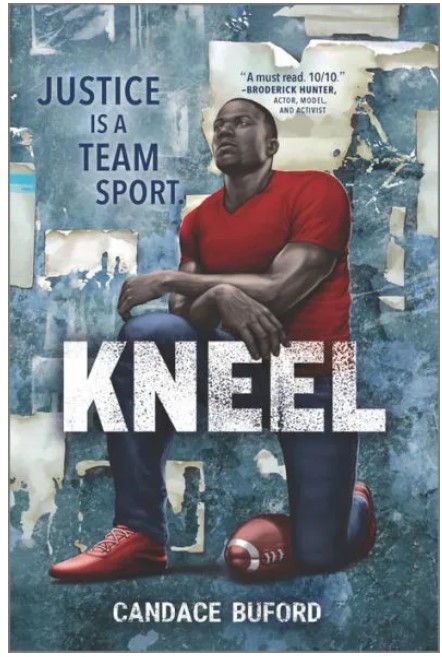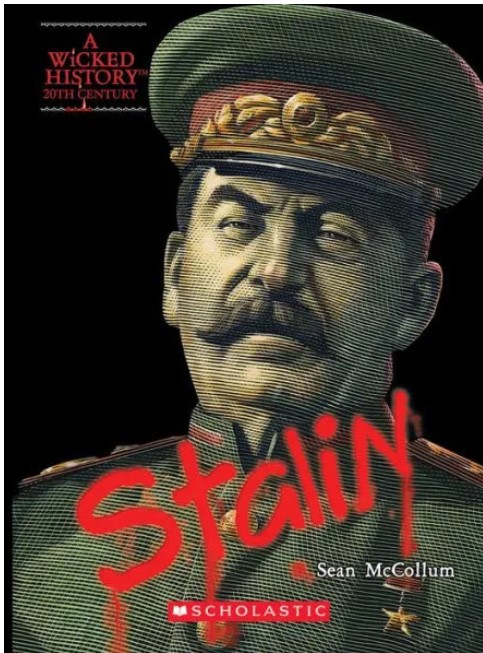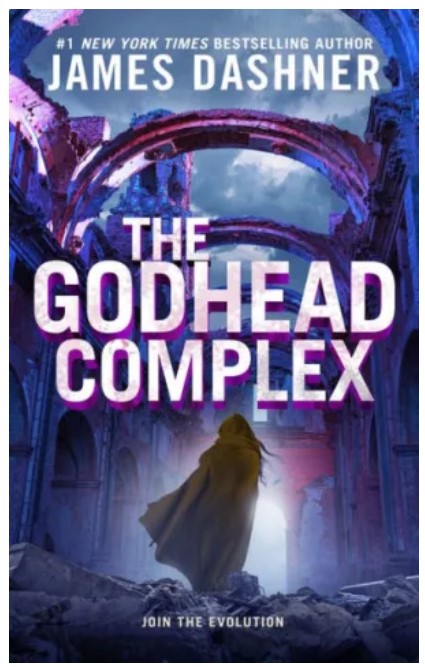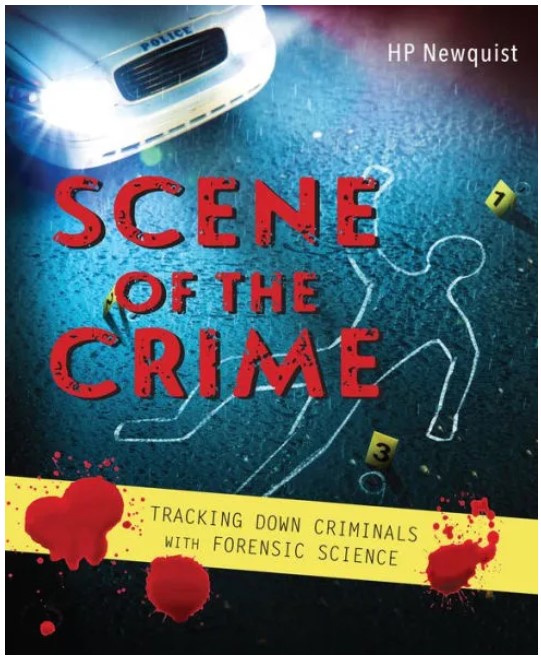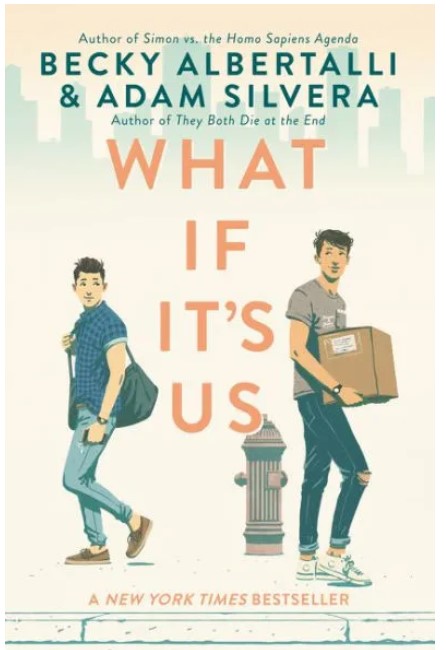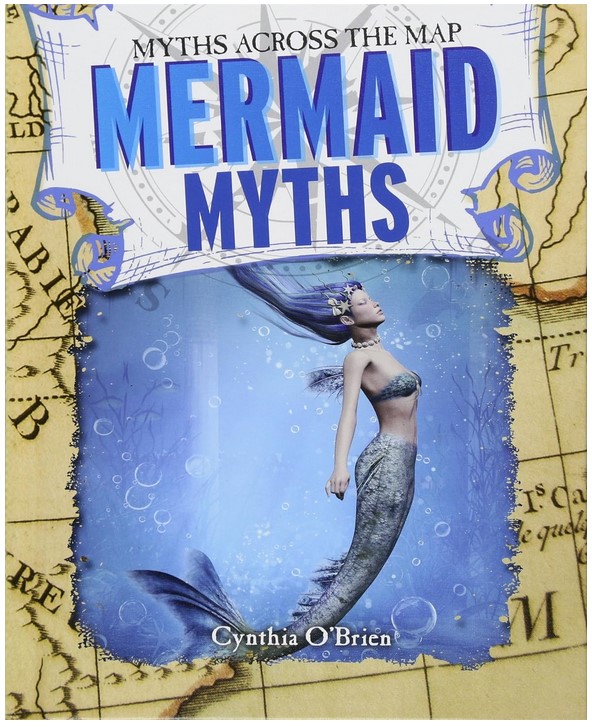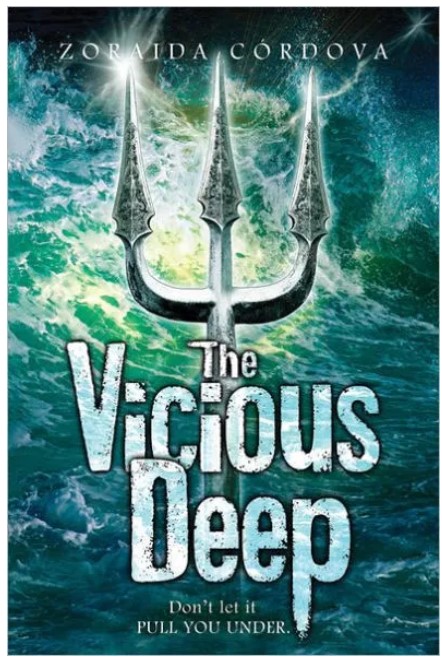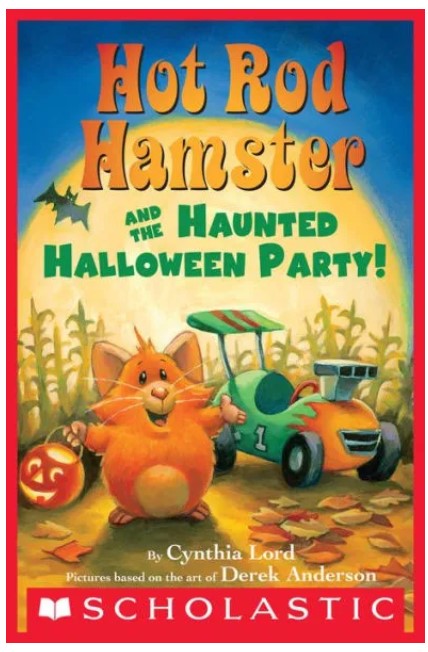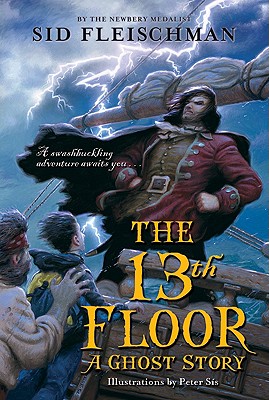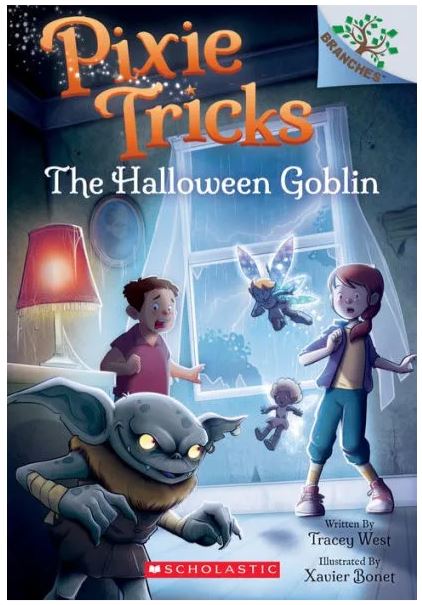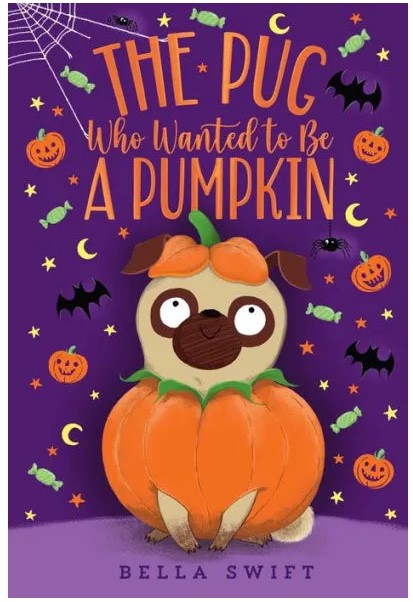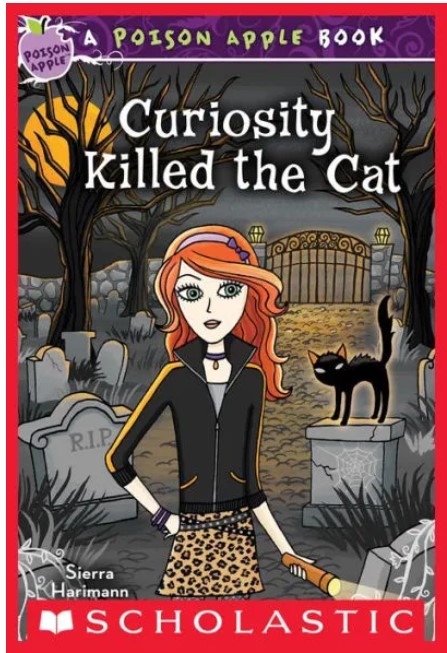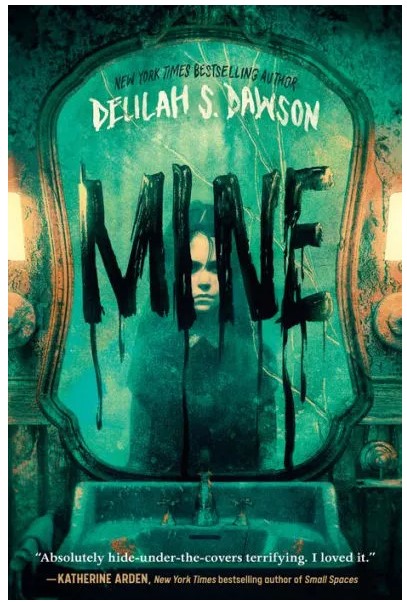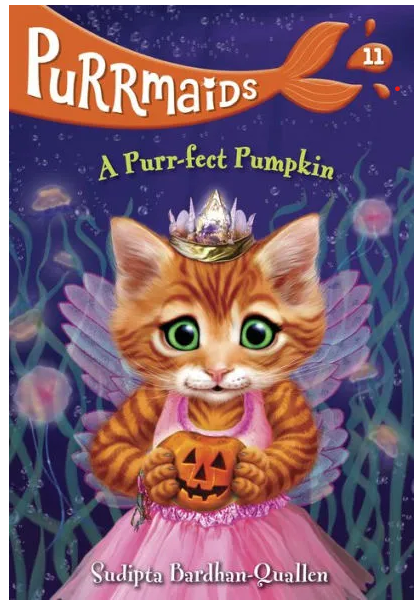After his mom’s sudden death, Carter Kane has spent every moment traveling the world with his father, Dr. Julius Kane, an Egyptian scholar. While Carter’s sister, Sadie, has lived with her grandparents in the United Kingdom, where Carter and Julius visit her every year. What starts as a normal visit to the British Museum turns their lives upside down when their father accidentally summons several Egyptian gods and goddesses and is captured in the process.
One night, Dr. Kane brings the siblings together for a “research experiment” at the British Museum, where he hopes to set things right for his family. Instead, he unleashes the Egyptian god Set, who banishes him to oblivion and forces the children to flee for their lives.
Soon, Sadie and Carter discover that the gods of Egypt are waking, and the worst of them—Set–has his sights on the Kanes. To stop him, the siblings embark on a dangerous journey across the globe — a quest that brings them ever closer to the truth about their family, and their links to a secret order that has existed since the time of the pharaohs.
Along the way, Carter and Sadie meet Zia, a magician who is part of the House of Life, a group of magicians that Carter and Sadie’s parents were a part of. With her knowledge from being trained by the House of Life, Zia helps Carter and Sadie learn to use magic. “The Egyptian word shesh means scribe or writer, but it can also mean magician. This is because magic, at its most basic, turns words into reality.” Zia helps Sadie and Carter learn to develop their abilities as magicians, but she also becomes their friend; helping them fight chaos up until the final battle at the end of the book.
The Red Pyramid shows the growth of Carter and Sadie’s friendship and relationship as siblings. They have lived apart for so long that they now have to get to know each other as pre-teens while they work together to learn about magic and save their dad. Each sibling is jealous of the other. Sadie says, “Poor [Carter], forced to travel the world, skip school, and spend time with Dad while I get a whole two days a year with him!” Carter responds, “You get a home! You get friends and a normal life and don’t wake up each morning wondering what country you’re in!” Eventually, Sadie and Carter learn to appreciate each other.
Carter’s and Sadie’s experiences highlight how power in the wrong hands can be corrupt. For example, the god Set wanted the throne and power so badly that he imprisoned another god, Osiris, and harmed his sister, Isis, and her son, Horus. Horus tells this story to Carter and says, “Anger gave me the strength to defeat Set and take the throne for myself, you must do the same.” But unlike Horus and Set, Carter doesn’t want to rule. Carter says, “I don’t want a throne, I want my dad.” Carter and Sadie never give into the advantages that Set or the powers of chaos would give them, which makes them empathetic characters.
Ultimately, The Red Pyramid leaves readers with an important message: you cannot assume anyone is completely good or completely evil. As their fight with Set ends, Sadie and Carter recognize that while Set is “evil, faithless, ruthless, vile . . . [Set] is also the strongest god” and they need his help to defeat the coming chaos, Apophis. Set is surprised by their ability to team up with him after all he’s done, but Carter and Sadie recognize, “we have to gain strength too—gods and men, united like in old times” to defeat Apophis, as “chaos is rising.”
Readers who enjoy mythology, action, and magic will absolutely love Carter and Sadie’s journey in this book as they learn how to use their powers and make sacrifices to stop chaos from overtaking the world. Readers will empathize with Sadie and Carter as they strengthen their brother and sister bond while fighting to stop chaos and rescue their dad. This book will keep readers on the edge of their seats, eager to see what happens in the next book in the series.
Sexual Content
- Sadie meets the god Anubis and says, “In person, if possible, Anubis was even more drop-dead gorgeous.”
- Carter says, “I was very aware of [Zia’s] shoulder pressed against mine . . . She had a dried chili stuck in her hair, and somehow that made her look even cuter.”
- Carter says, “Zia squeezed my hand, which sent a tingle up my arm.”
- Sadie sees a vision of the last time her parents saw one another: “They kissed one last time, as if they were saying goodbye.”
Violence
- Carter explains that his mom died when he and Sadie were young. “I knew [mom] died in an accident in London. I knew my grandparents blamed my dad. But no one would ever tell us the details.”
- Carter and Sadie watch their dad fight a fiery being. “With another flick of his hand, he conjured a glowing coffin around our dad . . . My dad caught my eyes one last time, and mouthed the word Run! before the coffin sank into the floor, as if the ground had turned to water.”
- While entering the Land of the Dead, Sadie and Carter run into Shezmu, a creature defending the entrance. Shezmu explains that his role in the Land of the Dead is destroying the souls of wicked people after they have been judged by the God of the Dead, Osiris. Shezmu says, “Lord Osiris lets me behead the wicked! I crush them in my wine press, and make wine for the dead!”
- While the fiery god, Set, is fighting Carter, Sadie, and Zia, he threatens, “I will rend your limbs from their sockets!” For example, during this battle, when another magician arrives to help, Set quickly incapacitates him in a brutal way: “Set rose up behind [the magician] and swung his iron rod like a baseball bat. [The magician] tumbled, broken and unconscious, all the way down the pyramid.”
- Carter explains how easily Set is able to throw magicians around when they try to defeat him: “[Set] pointed at me, and I slammed against the wall, pinned as if an entire football team were holding me down.”
Drugs and Alcohol
- None
Language
- None
Supernatural
- Carter and Sadie witness their dad using magic at the British Museum. “Dad was writing on the [Rosetta stone]. Wherever the [wand] made contact, glowing blue lines appeared on the granite. Hieroglyphs.” Carter and Sadie’s dad is opening the Rosetta Stone by writing magic hieroglyphs on it: “Dad raised his arms. He chanted: ‘Wo-seer, iei.’” Carter and Sadie’s dad is summoning the god of the dead, Osiris.
- Carter and Sadie realize they have magical powers when they reflect on a story from Sadie’s sixth birthday. Carter and Sadie were arguing and fighting with one another. Carter says, “We started yelling. [Sadie] grabbed my shirt. I pushed [Sadie] . . . Sadie’s birthday cake exploded.”
- Carter and Sadie accidentally awaken a shabti, a clay doll that can perform magic. Shabti “were supposed to come to life when their master called.” Several times, Carter and Sadie ask the Shabti to bring them information.
- When Sadie and Carter are about to be attacked by a scorpion goddess, Sadie’s cat, Muffin, turns into the Egyptian goddess of cats, Bast. Bast was a friend to Carter and Sadie’s parents and has promised to protect them as best she can. Sadie explains, “My cat was no longer there. In her place was a woman—small and lithe like a gymnast.” Bast is able to protect Carter and Sadie and she meets back up with them at a later point in the book after this battle.
- Carter and Sadie have unwittingly become hosts to the gods Horus and Isis. The goddess hosted by Sadie’s cat Muffin, Bast, explains, “Part of Isis’s spirit now resides inside [Sadie]. Just as Carter now carries the spirit of Horus.”
- Sadie and Carter see their dad in the Land of the Dead. He says, “I am both Osiris and Julius Kane. I am alive and dead . . . Osiris is the god of the dead, and the god of new life.” To bring Osiris back to his rightful place as a god, their dad had to die.
- Sadie and Carter also see their mom in the Land of the Dead, and she speaks with them reassuringly, explaining, “We can’t go back . . . But nothing is lost, even in death.”
Spiritual Content
- The gods and goddesses of Egyptian mythology are a large portion of this book. However, instead of being reverently written, they act more like humans, showing traits like jealousy, vulnerability, and anger. For instance, Horus tries to influence Carter to take on more power and focus on anger: “Anger gave me the strength to defeat Set and take the throne for myself. [Carter] must do the same.”
- Uncle Amos explains to Carter and Sadie the ancient Egyptians’ understanding of the gods. Amos explains, “Egyptians had learned that their gods were not to be worshipped. They are powerful beings, primeval forces, but they are not divine in the sense one might think of God. [The gods] are created entities, like mortals, only much more powerful.”
- Carter’s dad gave him an ancient amulet that “was an eye of Horus, a popular protection symbol in Ancient Egypt.”
- The gods “cannot walk the earth in their pure form—at least, not for more than a few moments. They must have hosts [human hosts].” Carter and Sadie both unwittingly become hosts for Egyptian gods in this book. Carter hosts Horus and Sadie hosts Isis. Carter explains what it is like when he and Horus work together during a battle as Horus’ power allows Carter to have protective shields and amplified strength. Carter says, “[Horus] did not control me. I did not use [Horus] for power. We acted as one…My combat avatar formed around me, lifting me off the floor and encasing me with golden energy.”
- Sadie can communicate with Isis in her mind because she is hosting the goddess. Carter is able to do the same with Horus. Sadie describes struggling to decide what to do in the final battle: save her dad first or make sure Set is defeated. The discussion with Isis in Sadie’s mind is depicted, “Set must be dealt with first, Isis warned. But if I can free Dad…I stepped towards the throne. No, Isis warned. It is too dangerous.” Ultimately, Sadie works with Isis to defeat the chaos god Set. Sadie hosting Isis gives her the ability to open a magical portal. “‘A mortal can’t,’ [Sadie] agreed. ‘But a goddess can.’”
- Uncle Amos tells Carter and Sadie, “In the old days, the priests of Egypt would call upon these gods to channel their power and perform great feats. That is the origin of what we now call magic.”
- Uncle Amos explains an ancient Egyptian burial ritual: “In ancient times, the east bank of the Nile was always the side of the living, the side where the sun rises. The dead were buried west of the river. It is considered bad luck, even dangerous, to live there.”
- Carter and Sadie learn from the god Thoth that, “Everything in Creation has a secret name . . . Even gods.” And they learn that “To know a being’s name is to have power over that creature.”
- Before making an alliance with Set to fight chaos, Sadie and Carter ask Set to “Swear by your own name and the Throne of Ra” to ensure he keeps his word does so.
